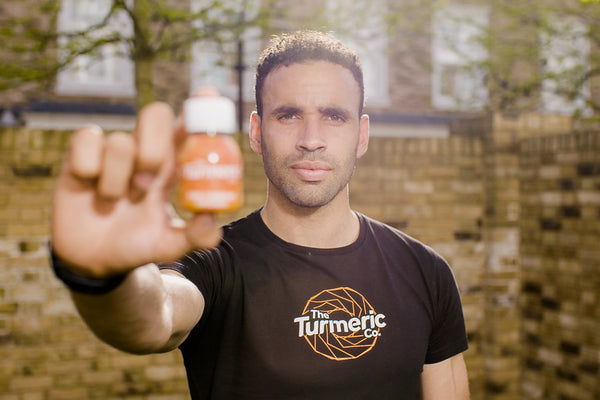Low carb high fat or no fat high carb? There’s a diet for pretty much everything these days.
Here’s the thing, though – diets aren’t for everyone, and there could be a much better way for you to achieve sustainable weight loss, muscle building or other fitness goals. In this article, we’re going to talk you through it. Read on to find out more.
The basic science of diets
Behind the marketing collateral, quirky apps and branded visuals, diets come down to some very simple science:
- Calories in
- Calories out
If you consume more calories than you burn – whether that’s an extra sugar in your tea or a juicy kebab on a Friday night – your body will store that excess energy and you’ll start to gain weight.
If you consume less calories than you burn, your body will access its fat stores more often and convert them into energy, meaning you’ll start to lose weight.
This is known as a caloric deficit, and it’s the goal of everyone from elite athletes cutting for competitions to a bridesmaid looking to drop a dress size.
Ignore fashionable fad diets – if you want to lose weight, it’s so simple. You need to be in a caloric deficit.
3 reasons diets are doomed to failure
Make no mistake – you can see incredible results if you find the right diet plan for you. Is it sustainable though? Has it damaged your relationship with food? Is it making you happy? If you aren’t sure about the answers to these questions, you aren’t alone! Here are 3 reasons why diets are definitely not for everyone!
Willpower is a tough egg to crack
Saying no to chocolate, turning down takeaways or forcing yourself to eat snack bars made from seeds that taste soggy cardboard.
It’s no wonder so many diets fail before they start!
It all comes down to mental fortitude. If you’ve got the willpower of a tibetan monk, you might have the resolve you need to ward off unwelcome cravings.
But for the vast majority of us, it’s not quite that easy. Whether you make it to the end of the day or the end of the week, one slip-up can undo all of your hard work and wind up back at square one.
They’re a short-term fix
It’s in the name. When you tell yourself you’re going on a diet, you’re psychologically committing to a temporary change.
Whether it be a week, a month or a season, you might start to stack up some stunning results, but after that time period’s up – and the diet is done – you’re going to slip back into your old ways.
When it’s time to get back on the diet bandwagon, you have to train your brain to say no to junk foods, sugary drinks and all other weight loss no-no’s all over again.
They can actually be dangerous
“Low fat” might sound like a good thing but it can be pretty dangerous.
Deprive your body of essential nutrients like fat and it’ll struggle to produce vital hormones and regulate blood pressure and cholesterol. In the long-term, this can cause some serious damage to your health and in some instances, weight gain.
Why lifestyle change is your best option
Struggling to stick to your diet plan? Throw it out the window, and shift your mindset away from short-term solutions to long-term lifestyle change.
From intense gym sessions to leisurely walks, introduce exercise to your daily routine. Don’t shy away from those takeaway cravings – set a night each week where you’re allowed to treat yourself. And week by week, gradually introduce healthier, home-cooked options into your meals.
Push for lifestyle change and you won’t just see better, steadier weight loss results - you’ll keep the weight off much more easily too.

The Hal Robson-Kanu Guide To Fitness & Nutrition
Gain exclusive insight into habits that will make every day a healthy and fulfilling one.












